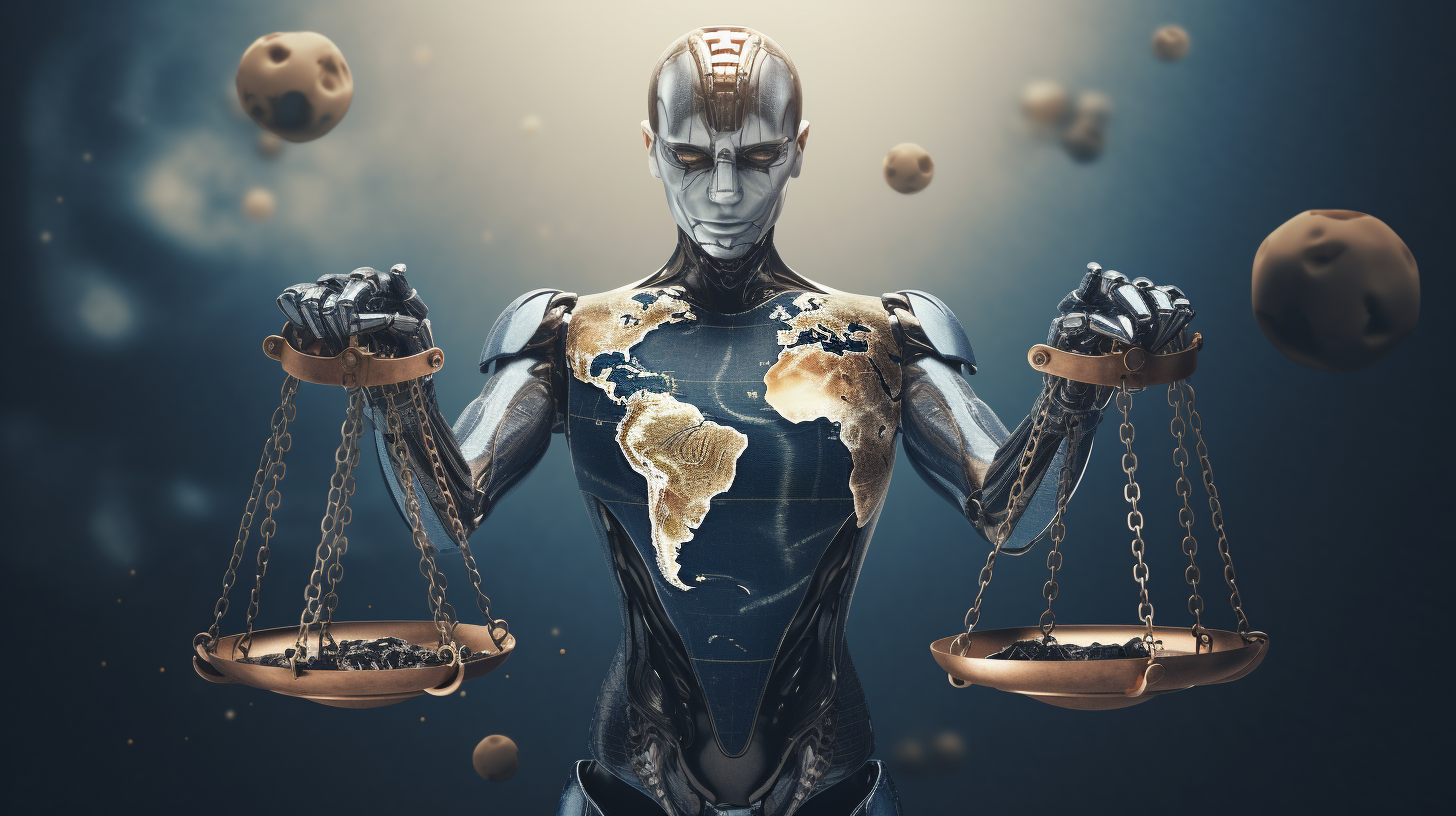
Ethical Considerations In AI Development
You're living in a world where AI development is rapidly advancing. But have you considered the ethical implications?
It's essential to understand the importance of transparency in coding, privacy, potential biases, job displacement, and the necessity for regulation.
Let's delve into these pressing issues and uncover how we can balance tech advancements with ethical responsibility.
Understanding the Importance of Transparency in Coding
You've got to understand how vital transparency in coding is when it comes to ethical considerations in AI development. It's the backbone of ethical AI. Without it, you're in the dark, and that's a dangerous place to be. It's not about hiding flaws or cutting corners; it's about showing what's under the hood.
Transparency ensures accountability, and without accountability, there's room for unethical practices. If something goes wrong, you can trace it back, identify the problem, and fix it. Plus, it builds trust. You're more inclined to trust an AI system when you know what's going into its creation, right?
The Role of Privacy and Confidentiality in Data Usage
It's crucial to balance the need for data in improving technology with the individual's right to privacy and confidentiality. When you're developing AI, you're often handling sensitive data. It's your responsibility to ensure this information stays secure. You've got to implement robust data protection measures and respect the privacy of the people whose data you're using.
You must consider the ethical implications of your work. Don't just focus on advancing technology. You've got to think about the people behind the data. It's not just about numbers and codes; it's about real individuals with rights that you must respect.
Always remember, technology should serve people, not compromise their privacy and confidentiality.
Addressing the Potential for Bias and Discrimination
In your quest to harness data, don't overlook the potential for bias and discrimination that could inadvertently be coded into your technology.
As you delve into AI development, it's critical to consider these issues. Algorithms aren't immune to bias. They're only as objective as the data they're trained on. If that data reflects societal biases, your AI will too.
You could unintentionally perpetuate discrimination, damaging your reputation and causing real harm. It's crucial to use diverse data sets and consciously strive for unbiased AI.
Remember, it's not just about the tech you create, but the impact it has. Be proactive, challenge bias, and let ethical considerations guide your AI development journey.
After all, you're shaping the future. Make sure it's one we all want to live in.
Balancing Automation and Human Employment
Balancing automation and human employment is another challenge you'll face. You don't want to inadvertently contribute to job loss while benefiting from technological advancements. It's crucial to strike a balance between the two.
As you increase automation, make sure you're also creating new opportunities for your employees. You could upskill your staff, preparing them for advanced roles that'll emerge from the automation. It's not just about retaining jobs but also improving the quality of work. Instead of mundane tasks, your staff could focus on more strategic initiatives.
The Need for Regulation and Oversight in Technology
You'll soon realize the importance of regulation and oversight in technology. It's a key factor in ensuring fair practices and preventing misuse. As AI continues to evolve, it's crucial that you understand the potential risks that come with unchecked development.
Think about it: who's ensuring that these systems aren't infringing on privacy rights or making decisions based on bias? That's where regulation steps in. It's not about stifling innovation, but rather about promoting ethical practices.
Oversight ensures that AI development doesn't become a wild west of technology, where anything goes. It's about finding a balance, ensuring that technology serves us, not the other way around.
Conclusion
In conclusion, it is essential to address ethical issues while developing AI.
Transparency in coding, respecting privacy and confidentiality, and eliminating bias are crucial aspects to consider.
Remember, automation should not replace human jobs, but rather complement them.
Lastly, do not overlook the need for regulation and oversight.
Being ethical is not just good practice, but it is also essential for sustainable AI development.